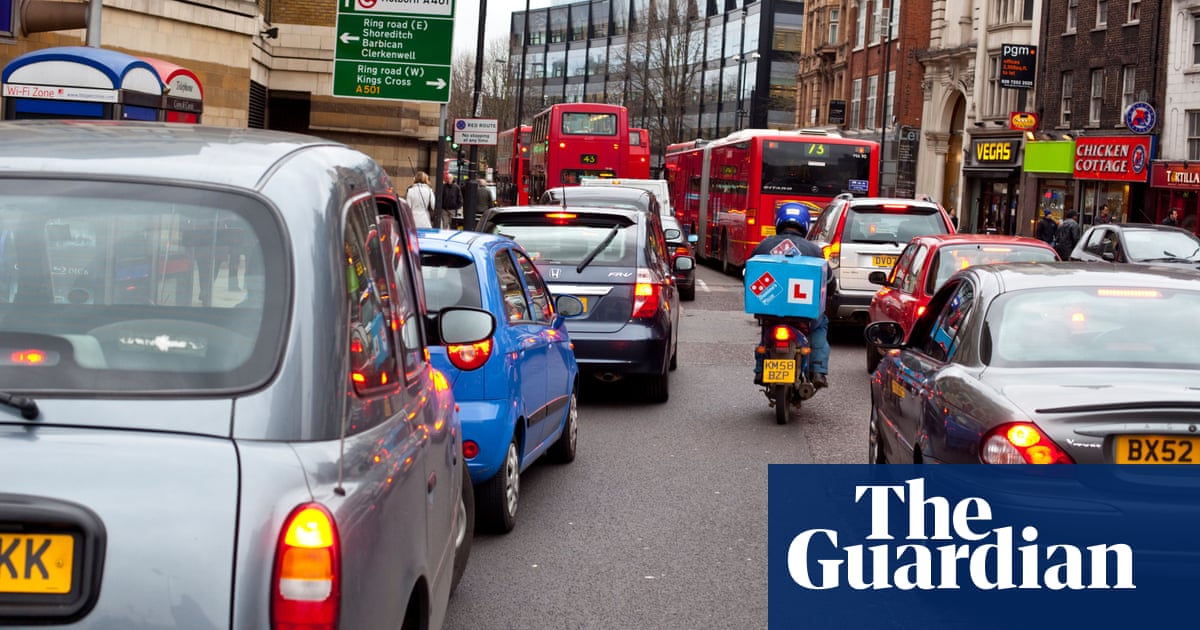
Ministers must relinquish their top-down control of the coronavirus epidemic after the lockdown to allow millions of people potentially infected with Covid-19 to be traced and supported by local teams in their own communities, say experts.
Urgent discussions have begun between central government, local authorities and public health officials about the 18,000-strong army promised on Friday by the health secretary, Matt Hancock, to help trace the contacts of people who test positive or have symptoms of the coronavirus.
Hancock said they would be in place within three weeks but the Guardian understands that nobody has yet been recruited.
A letter to local authorities and other agencies on Friday, seen by the Guardian, said just 3,000 of these people would have public health expertise, while the other 15,000 would be call handlers.
It is understood that ministers such as Hancock, who is enthusiastic about digital technology, hoped the NHS app would take much of the strain. The app is designed to warn people who have come into close contact with anyone who has Covid-19 to go into self-isolation.
The government hoped that a high proportion of the population – up to 80% – would download the app on a smartphone. But in meetings, they have been advised that is unrealistic. In Singapore, with high smartphone use, the take-up was only 20%.
Public health experts say that apps are no substitute for a sympathetic and supportive conversation, even for those who are familiar and comfortable with using smartphones, which many older and more vulnerable people are not.
“It is absolutely ridiculous. You need the shoe-leather epidemiology, you need people on phones. Apps are simply supports for contact tracing,” said Allyson Pollock, a professor of public health at Newcastle University. “You need people on old-fashioned things like telephones or going door to door and they need to be local teams because they need to understand the local communities.”
The whole system should be run by directors of public health and environmental health officers based in local authorities, with the resources they need, because they understand their community, she said. That was how it used to be, before the multiple restructuring culminating in the Health and Social Care Act 2012, which led to the decimation of public health disease control and its centralisation and fragmentation, she added.
“We don’t know where the block is, but there is a huge block and huge resistance to doing this locally. This is partly because they’ve ripped out so much capacity and they’ve also ripped out the real-time data locally.
“We are never going to get on top of this if we don’t put back the local capacity in order to lift local restrictions.”
Contact tracing began immediately after the first case was confirmed in England at the end of January but stopped abruptly across the whole of UK – even in regions with barely any cases – on 12 March, along with community testing.
The government said it was moving from the “contain” to the “delay” phase because it was no longer possible to track down and isolate everyone infected. Countries that continued to follow that plan, as urged by the World Health Organization (WHO), have had fewer deaths. They include Germany, Singapore and South Korea.
The UK “gave up very early”, said Anthony Costello, a professor of global health and sustainable development at University College London and a former WHO director. By 12 March, there had been 10 deaths and 590 confirmed cases, and about 3,500 contacts had been traced. But most of the cases were in London and the West Midlands. Continued testing, tracking and tracing could have kept the virus out of other regions and reduced deaths, he said.
“If we hadn’t stopped it on 12 March, our epidemic would have been much less. They effectively allowed it to spread,” he said.
Public health, local government and environmental health officers all say they are capable of running the sort of extensive contact tracing network that will be needed in all areas of the country.
“Directors of public health – and their teams – have extensive experience and knowledge of contact tracing, their local communities and the wider health and social care system,” said Dr Jeanelle de Gruchy, the president of the Association of Directors of Public Health.
“Engaging directors of public health in the design and implementation of any new plan will help ensure whatever is developed will work on the ground and be integrated with other aspects of the response to Covid-19, including testing and protecting vulnerable people across the UK.
“The reality is that no single organisation or agency, whether national or local, can deliver and oversee this operation alone. A collaborative approach is fundamental. The government needs to fully involve us in this.”
The Chartered Institute of Environmental Health said its members and also many other people with expertise, such as retired doctors, had been in touch wanting to help. “We have quite early on opened up a national voluntary register,” said Gary McFarlane, its Northern Ireland director.
“My own view is that we need a national media call for those who have the skills – all those retired doctors and sexual health workers and environmental health officers who can hit the ground running.”
As businesses start to open, whether garden centres or offices or factories, local authorities would be busy engaging with them to ensure they did it safely – so the retired volunteers could help reduce their workload by taking on the contact tracing effort.
A government spokesperson said: “Tracing and testing those with symptoms of Covid-19 is essential if we are to limit the spread of this virus and save lives.
“The NHS is developing a contact tracing app, which alongside effective tracing and testing, is designed to give our country the confidence it needs to return to normality.
“We are working with clinicians, scientists and other specialists to plan a safe, staged path to national rollout.”












